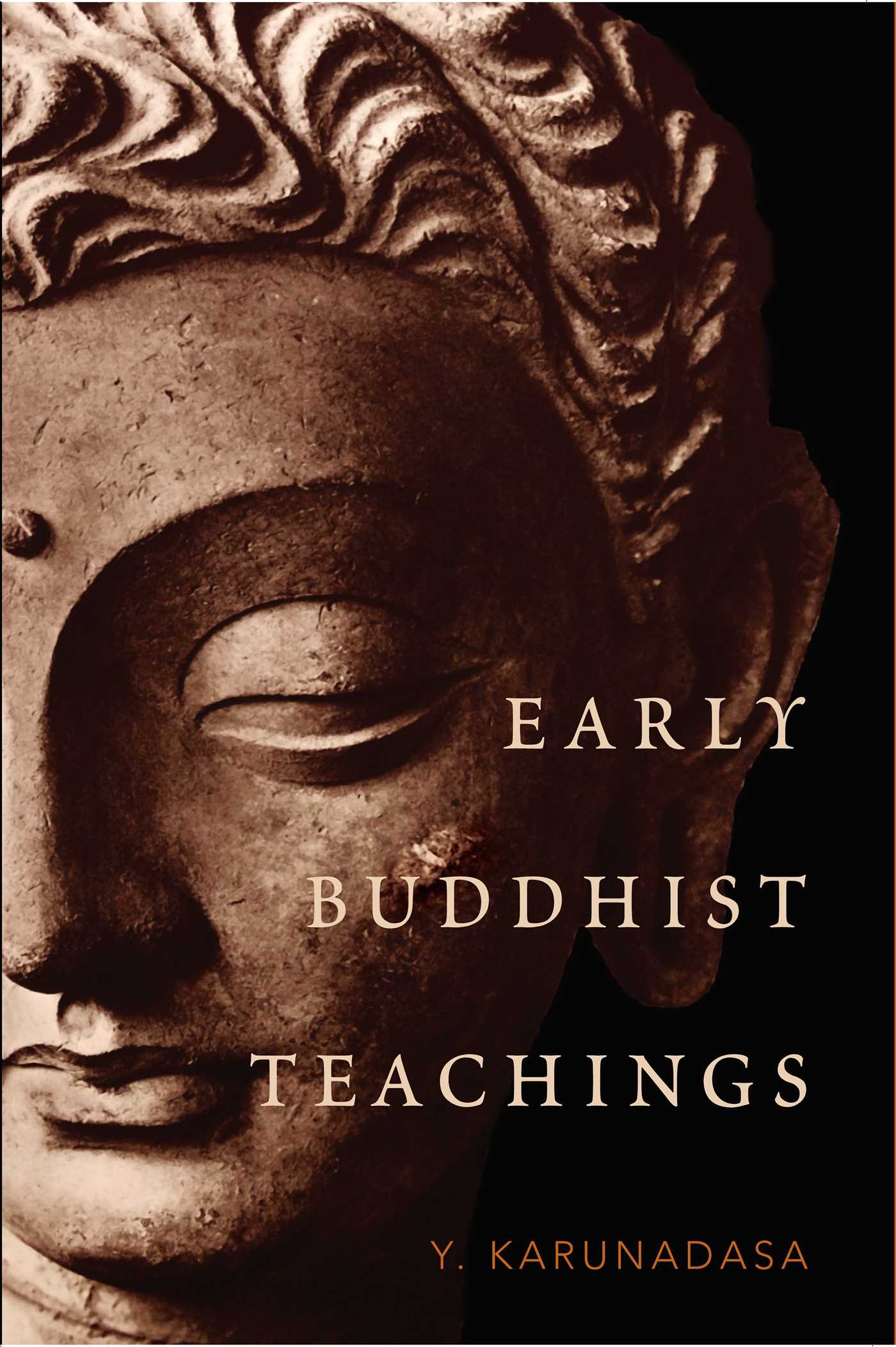In today’s fast-paced and chaotic world, finding an inner sanctuary of peace and tranquility has become a pressing need for many individuals. While modern remedies and self-help techniques offer temporary solace, there is a centuries-old philosophy that presents a transformative and lasting solution: Buddhist teachings. Rooted in ancient wisdom and philosophy, Buddhism offers valuable insights and practices to cultivate inner peace. By delving deeper into the teachings of Buddhism, individuals can uncover profound tools to navigate life’s challenges with grace and attain a profound sense of tranquility. In this article, we will embark on a journey of exploration, discovering the transformative power of Buddhist teachings and how they enable the cultivation of inner peace.
Understanding the Core Principles of Buddhism for Inner Peace
In our fast-paced, modern world, finding inner peace can often feel like an elusive goal. However, Buddhism offers a guiding light towards inner peace through its core principles. At its heart, Buddhism teaches the importance of compassion, mindfulness, and letting go of attachment. By understanding and embracing these principles, we can cultivate a deep sense of inner peace. Through self-reflection and understanding the impermanence of all things, we can detach ourselves from the chaos of life, and find solace in the present moment.
Exploring Buddhist Practices for Inner Transformation and Serenity
Buddhism offers a wide range of practices that can lead to inner transformation and serenity. Meditation plays a central role in these practices, allowing individuals to quiet the mind and cultivate a state of inner stillness. By cultivating mindfulness and awareness, individuals can begin to see past the distractions of the outside world and connect with their inner selves. Additionally, practicing acts of kindness and compassion can transform our relationships with others and create a sense of serenity and harmony within ourselves.
Harnessing the Wisdom of Buddhist Teachings for Inner Harmony
The wisdom of Buddhist teachings provides a roadmap for finding inner harmony. By understanding the fundamental nature of suffering, known as the Four Noble Truths, we can begin to address our own struggles and find a path towards liberation. Through practices such as the Eightfold Path, which includes principles like right mindfulness, right speech, and right action, we can cultivate a harmonious and balanced way of life. By embracing these teachings, we can cultivate inner harmony and navigate the ups and downs of life with grace and equanimity.
Cultivating Inner Peace through Buddhist Philosophy and Meditation
Buddhist philosophy and meditation are powerful tools for cultivating inner peace. The practice of meditation allows us to train our minds, developing qualities of focus, clarity, and compassion. Through regular meditation, we can learn to observe our thoughts and emotions without attachment or judgment, and cultivate a sense of inner calm. Buddhist philosophy, with its emphasis on impermanence and non-attachment, also helps us let go of the things that cause us suffering, allowing us to find lasting peace and contentment within ourselves.
Embracing the Transformative Potential of Buddhist Teachings for Inner Serenity
The transformative potential of Buddhist teachings is vast when it comes to finding inner serenity. Buddhism encourages us to examine our own minds, beliefs, and patterns of thought, allowing us to develop a deeper understanding of ourselves and the world around us. By cultivating qualities like patience, kindness, and acceptance, we can create a sense of inner serenity that transcends external circumstances. By embracing the transformative power of Buddhist teachings, we can find true and lasting peace within ourselves, even in the midst of a chaotic world.
Buddhist Teachings for Inner Peace and Well-Being
-
The Four Noble Truths
The core teachings of Buddhism address suffering, its causes, and the path to liberation from suffering.
-
Mindfulness in Buddhist Teachings
Mindfulness involves being fully present in the moment, observing thoughts and feelings without judgment or attachment.
-
The Cultivation of Compassion
Compassion is seen as a key component of inner peace and is practiced through acts of kindness and understanding.
-
Meditation in Buddhism
Meditation helps develop a calm and focused mind, leading to inner peace and a deeper understanding of reality.
-
Mindfulness and Meditation Beyond Buddhism
Individuals from various religious and spiritual backgrounds incorporate mindfulness and meditation to find inner peace and improve well-being.
-
Scientific Research on Buddhist Practices
Research shows benefits such as stress reduction, improved emotional well-being, and increased resilience in individuals who practice meditation and mindfulness.

In conclusion, Buddhist teachings hold immense transformative power when it comes to cultivating inner peace.
Through its core principles of mindfulness, compassion, and non-attachment, Buddhism offers practical guidance and techniques for individuals to navigate the challenges of life and find true contentment within themselves.
The practice of mindfulness, which involves being fully present in the moment and observing one’s thoughts and emotions without judgment, allows individuals to break free from the grips of anxiety, stress, and constant longing. By cultivating this quality, one can develop a greater sense of inner peace and clarity, enabling them to respond to life’s ups and downs with equanimity.
Compassion, a fundamental aspect of Buddhism, teaches individuals to extend kindness and understanding not only to others but also to themselves. By practicing loving-kindness and compassion, individuals learn to let go of anger, resentment, and judgment, fostering an environment of harmony within their minds and hearts.
Moreover, the concept of non-attachment encourages individuals to detach themselves from material possessions, accomplishments, and desires. By acknowledging the impermanence of all things and letting go of clinging and craving, one can free themselves from unnecessary suffering and pursue a state of inner peace and contentment that transcends worldly concerns.
The transformative power of Buddhist teachings lies in their practical application in daily life. Whether it be through the practice of meditation, mindfulness exercises, or ethical conduct, individuals can actively engage with these teachings and witness the transformative effects within themselves.
Overall, Buddhism provides a profound and practical path towards cultivating inner peace. By incorporating the teachings of mindfulness, compassion, and non-attachment into our lives, we can embark on a journey of self-discovery, leading to greater happiness, contentment, and well-being. It is through this transformative power that Buddhism continues to inspire countless individuals around the world, offering guidance in finding true peace and harmony within themselves.
